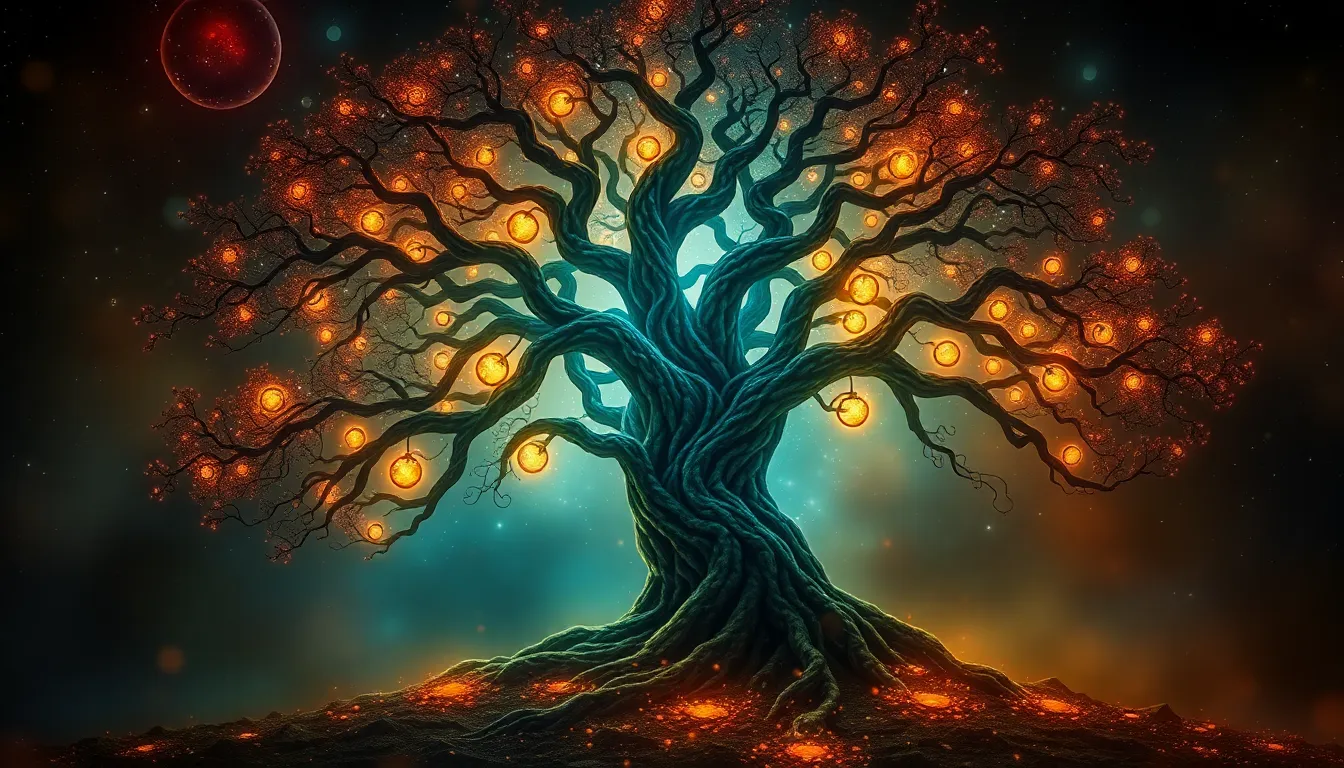The Secrets of the Philosopher’s Stone: The Ultimate Magical Artifact
Introduction to the Philosopher’s Stone
The Philosopher’s Stone is one of the most enigmatic artifacts in the history of alchemy and mythology. Traditionally defined as a substance capable of turning base metals into gold and granting immortality, it has captured the imaginations of countless seekers of knowledge and power throughout the ages. Historically significant, the Philosopher’s Stone symbolizes the ultimate goal of alchemical pursuits, embodying the quest for perfection and enlightenment.
The Origins of the Philosopher’s Stone
The roots of the Philosopher’s Stone can be traced back to ancient civilizations. In Egyptian and Greco-Roman traditions, the concept of a sacred stone or substance that could confer extraordinary powers was prevalent. The Stone became a central figure in medieval alchemical texts, where it was often referenced as a means of achieving the elusive goal of the magnum opus, or “great work.”
Key figures in the lore of the Philosopher’s Stone include:
- Hermes Trismegistus: A legendary figure often considered the father of alchemy, attributed with the creation of foundational texts.
- Paracelsus: A Swiss physician and alchemist who contributed to the mystical aspects of alchemy and emphasized the importance of spiritual transformation.
Symbolism and Meaning of the Philosopher’s Stone
The Philosopher’s Stone is rich in symbolism, representing transformation, enlightenment, and the quest for immortality. It serves as a metaphor for personal and spiritual growth, urging individuals to seek their true potential. In various cultures and philosophies, the Stone is interpreted in different ways:
- In Western alchemy, the Stone is often seen as the key to transmutation and enlightenment.
- In Eastern philosophies, it can represent the unity of opposites and the attainment of wisdom.
Moreover, the Philosopher’s Stone is intricately linked to the idea of achieving perfection, not just in material terms but also in spiritual realms, reflecting the human desire for eternal life and ultimate knowledge.
The Alchemical Process: Creating the Philosopher’s Stone
Creating the Philosopher’s Stone involves a complex series of alchemical processes grounded in ancient principles. Alchemists believed in the transmutation of substances, relying on the four classical elements: earth, water, air, and fire. The key stages in the creation process include:
- Calcination: Breaking down substances to their most basic forms.
- Dissolution: Dissolving the elements in a liquid, symbolizing a return to the primordial state.
- Separation: Distinguishing the pure from the impure.
- Conjunction: Uniting the purified elements to create the Stone.
Notable alchemists such as Nicolas Flamel are often associated with the quest for the Philosopher’s Stone, with Flamel’s legendary pursuits immortalized in various texts and tales.
The Philosopher’s Stone in Literature and Popular Culture
The Philosopher’s Stone has made significant appearances in literature and popular culture, acting as a powerful narrative device. In classic literature, works like The Alchemist by Paulo Coelho explore themes of personal legend and transformation, using the Stone as a metaphor for the pursuit of one’s dreams.
Modern adaptations have brought the Stone into contemporary narratives, particularly in:
- Harry Potter and the Philosopher’s Stone: This iconic novel introduces a new generation to the mysteries of the Stone, intertwining it with themes of friendship, bravery, and the battle against evil.
- Films, games, and television shows continue to draw inspiration from the Stone, reinforcing its status as a symbol of magic and transformation.
Scientific Perspectives on the Philosopher’s Stone
Historically, the pursuit of the Philosopher’s Stone was met with skepticism, particularly as alchemy evolved into modern chemistry. The Stone’s quest has been examined through a scientific lens, leading to discussions about:
- The allegorical versus literal interpretations of alchemical texts.
- The relation of the Stone to modern scientific discoveries, including the understanding of elements and compounds.
While the Philosopher’s Stone may never have existed as a physical object, its concepts have undeniably influenced the development of scientific thought and inquiry.
The Philosopher’s Stone and Spiritual Alchemy
Beyond its physical implications, the Philosopher’s Stone is deeply connected to spiritual alchemy, representing a journey of inner transformation. This aspect emphasizes the relationship between physical change and spiritual awakening. Techniques inspired by the Stone’s lore include:
- Meditation and mindfulness practices focused on self-discovery.
- Engaging in creative expression as a means of personal transformation.
Modern beliefs around spiritual alchemy often advocate for personal growth, healing, and the pursuit of enlightenment, reflecting the enduring legacy of the Philosopher’s Stone.
The Legacy of the Philosopher’s Stone
The legacy of the Philosopher’s Stone extends into various esoteric traditions and secret societies, influencing a plethora of cultural expressions. Its impact can be seen in:
- Art and literature, where the Stone symbolizes the pursuit of higher understanding.
- Music and performance, often exploring themes of transformation and the mystical.
In contemporary society, the fascination with the Philosopher’s Stone persists, inspiring new generations to explore the realms of magic, science, and spirituality.
The Philosophical Implications of Seeking the Philosopher’s Stone
The quest for the Philosopher’s Stone raises profound philosophical questions about desire, ambition, and the human condition. It invites reflection on:
- The moral and ethical dimensions of seeking power and immortality.
- What it means to pursue knowledge and enlightenment, and the consequences of such a quest.
Ultimately, the Philosopher’s Stone serves as a mirror, reflecting humanity’s deepest aspirations and the complexities of existence.
Conclusion: The End
The Philosopher’s Stone remains a symbol of mystery and transformation, encompassing the journey of self-discovery and the pursuit of knowledge. Its allure continues to inspire individuals across cultures and eras, reminding us of the profound connections between our physical and spiritual selves. Whether viewed through the lens of alchemy, literature, or modern spirituality, the Philosopher’s Stone endures as a testament to the human spirit’s quest for understanding and transcendence.



